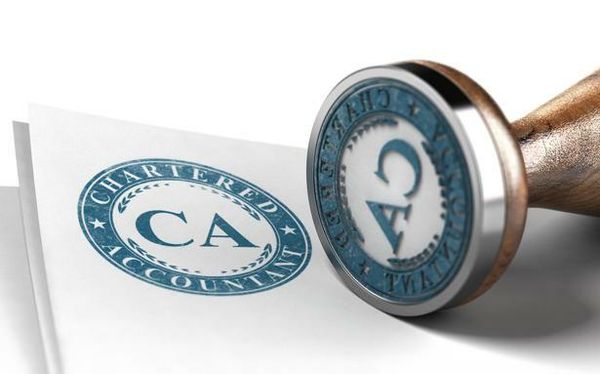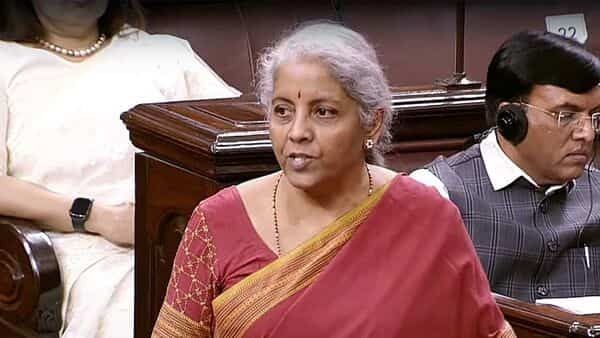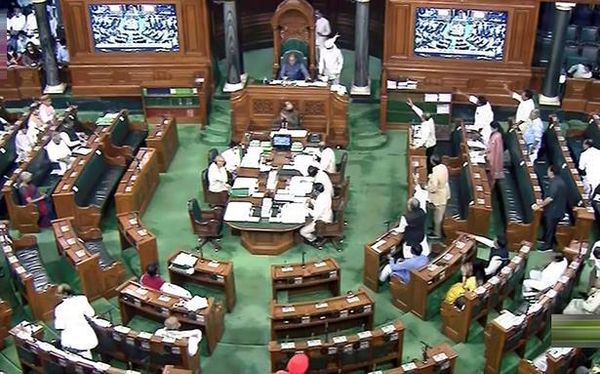
Efforts to control autonomous institutions appear embedded in too much proposed legislation. The government’s latest bill to amend the three Acts of Parliament which govern a trio of business governance-related institutions—the Institute of Chartered Accountants of India (ICAI), Institute of Cost Accountants of India and Institute of Company Secretaries of India—may prima facie seem valid and timely. Dig deeper, however, and it’s a bit like the proverbial road to damnation paved with seemingly noble intentions. The ostensible reason for trying to tinker with the existing institutional architecture is a series of audit scandals in India Inc over the past two decades that included the Satyam accounting fraud and numerous cases of siphoned funds overlooked by statutory audits. This go-by given to professional ethics reached an apogee with the IL&FS blow-up in 2018, which momentarily froze our debt and credit markets, worsening an economic slowdown that had set in after the 2016 demonetization. The IL&FS case highlighted, yet again, how audit firms could be accessories to tally-keeping fraud involving books routinely cooked up, accounts misrepresented and creditors and investors misled. The general feeling, bolstered by reports of various panels, is that disciplinary action often falls short of the nature of infractions. The Parliamentary panel on finance made a strong pitch for change in a recent report: “Large pendency of cases, unreasonable high average disposal time and involvement of the auditors in some alleged financial scams created a need to revisit the existing disciplinary processes in the three institutes."
No doubt, the three bodies are in dire need of internal change, especially the ICAI from whose membership ranks sprang a string of scams. However, it is the manner in which the need is being addressed—through this bill acting as a battering ram—that shrouds this effort with suspicion. The three entities in focus already have internal disciplinary panels. Mandating that these committees should include external members would provide another source of potential conflict. The additional proviso that a new coordination body for the three be set up with a secretary-level officer chairing it only heightens suspicions of the government’s motives. The presence of a bureaucrat, whose usual job description includes executing orders from political bosses, could cast a pall on whatever little autonomy existed in these institutes.
The exercise is a classic example of using the wrong end of a telescope to examine policy infirmity. One of the ICAI’s problems has been its myopic approach to self-governance and reluctance to improve systems and processes in line with global trends or changes in industry structure. On top of that, the institute has been led mostly by partners from mom-and-pop audit shops who displayed little vision or ability to take it to its next level. In addition, many of them have shown no will to crack down on unethical staffing practices (especially at the articleship level), perhaps because it rings too close home. If the Centre wants to improve audit standards and promote professionalism in our chartered institutes, it should also eschew its habit of appointing chartered accountants to bank boards as nominee directors, giving them extra-jurisdictional responsibilities. Finally, the only way to improve how these institutes function would be to open up their membership to overseas audit firms—after conducting additional qualifying tests if need be.










